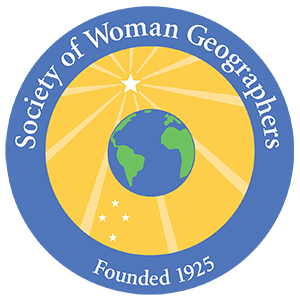

In case you were unable to attend or want to watch it again, use the link to view our latest webinar, Summit-to-Sea Clues for Southern California's Ice Age Climate and Vegetation presented by past fellowship award recipient and current members, Katherine Glover. Katherine earned her Ph.D. in Geography from UCLA in December 2016 and conducts research, education, and outreach across the fields of geography, earth science, and ecology. Her research aims to understand the processes that shaped landscapes in the past, and how this can inform future scenarios of change. Currently, she is a postdoctoral researcher at the Climate Change Institute, the University of Maine as part of the La Brea Food Webs project.
From recent and ongoing research of Southern California's paleoclimate, a picture of the last glacial period is emerging that involves dynamic, high-amplitude changes between warm and cold states that have no modern analog. Lake deposits from the once-glaciated San Bernardino Mountains span 125,000 years, and multi-proxy analyses were conducted on the biologic, physical, and chemical markers in these deposits. Large shifts in organic deposition and lake productivity over time suggest that changes in incoming summer solar radiation were a key driver for lake primary productivity in subalpine watersheds. Smaller-scale increases in organic deposition from 60,000 - 20,000 years BP match North Atlantic warming events, suggesting that as the Arctic underwent a sudden change, so did Southern California. Pollen and charcoal accumulation at the sites show times of forest expansion and contracting, and the changing role of wildfire in California's mountains over long timescales. My current work seeks to use plant macrofossils and pollen from the La Brea Tar Pits collection at 50,000 - 30,000 years BP to test if entrapment events correlated with known warming events, and model the net primary productivity available to the region's ice age animal community.
Click the link or copy and paste the URL into your internet browser to view or listen to Katherine's full webinar.
Recording:
https://zoom.us/recording/play/oThOuaqIB4HHqRDkkoR0VYNdX0qmLevnH6eHclJ9kVfHteNL1H8HdY1flQiwpNER

